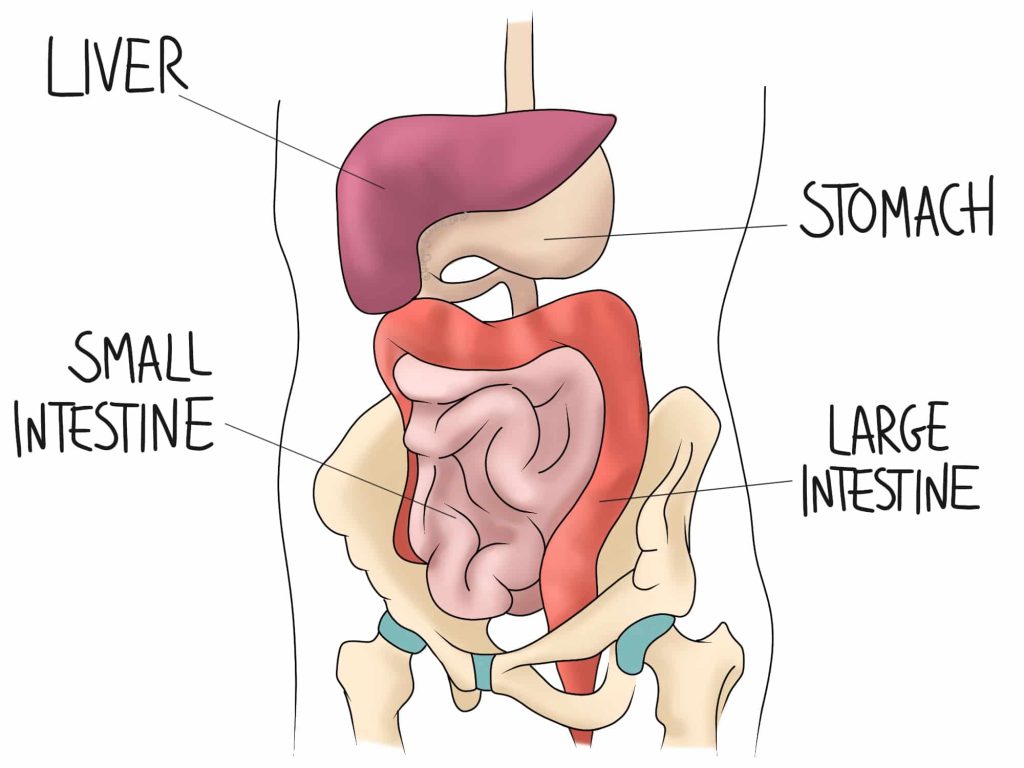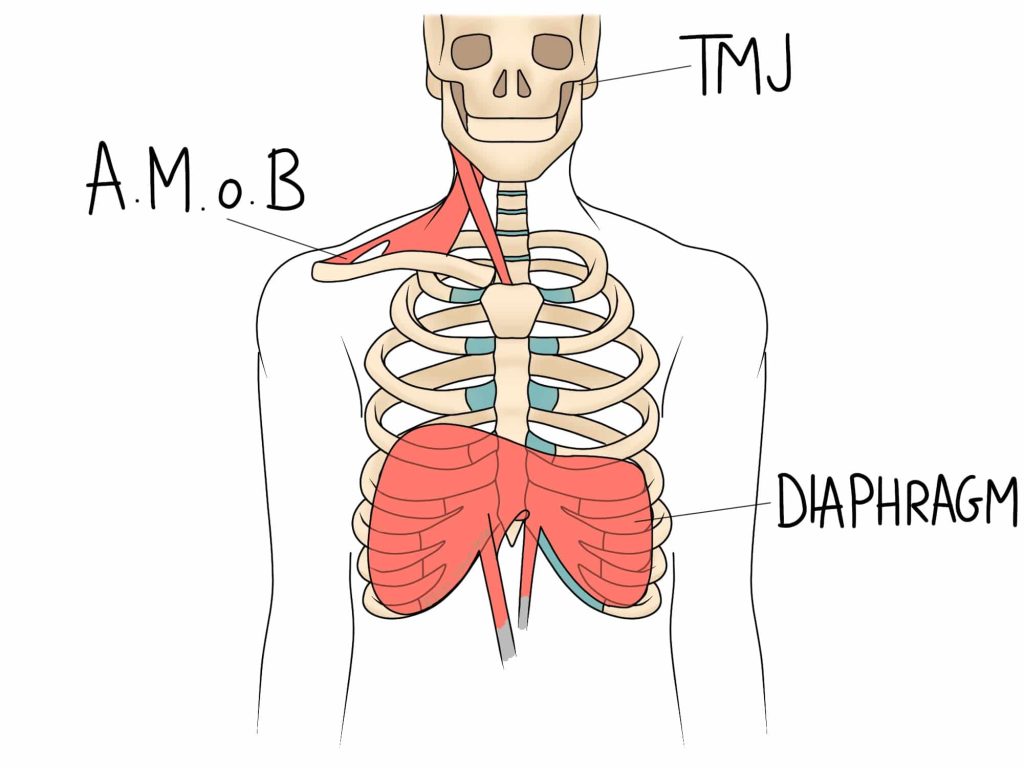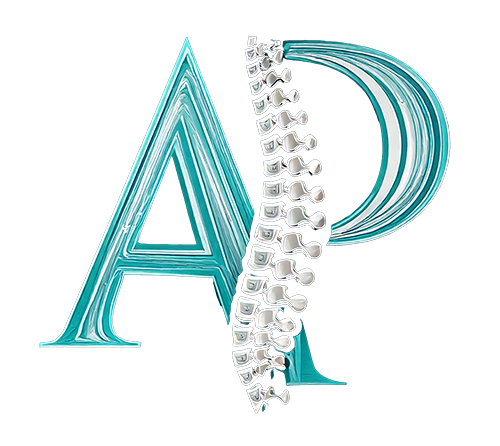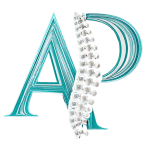Digestion
Osteopathy is more than just muscles and joints. We may be able to improve your issues with digestion.

IBS (Irritable Bowel Syndrome)
IBS can cause a range of symptoms, but often it leads to abdominal pain. When we have abdominal pain, we often instinctively slouch forward. This can have a knock-on effect on the upper back and neck as we hold them in unfamiliar positions. Treating these uncomfortable areas around the spine may sound like purely symptomatic treatment. However, some patients with IBS report improvement of symptoms after spinal manipulation.
Your osteopath may be able to offer further advice to help you manage your IBS.
Autoimmune Conditions of Digestion
Not to be confused with IBS, some conditions are classed as Inflammatory Bowel Disease (IBD). These diseases are Ulcerative Colitis (UC) and Crohn’s Disease. They are autoimmune, meaning the body attacks its own cells.
Like other digestive issues, symptoms can include bloating. This can be painful in itself. Pressure on the diaphragm can cause discomfort, and may lead to referred pain in the neck. The good news is that the diaphragm is just another muscle. Like a tight muscle in a leg or an arm, it can be treated.
In terms of treatment for IBD itself, there are theories that working on the lymphatic system can benefit Crohns and UC patients. This idea can also be applied to other rheumatological conditions.
People with IBD are more likely to have other autoimmune conditions, such as Ankylosing Spondylitis (AS) or Rheumatoid Arthritis. AS is often misdiagnosed, but the presence of other autoimmune conditions makes it easier to spot. It may be your osteopath who first diagnoses your AS after drawing the link between IBD and back pain, so be sure to mention any issues with digestion.
Reflux and Heartburn
Reflux and heartburn are conditions in which stomach acid travels up into the oesophagus. This happens when the sphincter between the oesophagus and stomach fails to completely close. Although we can’t work directly on the sphincter, we can work on the diaphragm.

The oesophagus passes through a small hole in the diaphragm, meaning the diaphragm can play a role in the function of the area. It is considered part of the “antireflux barrier”, and local treatment may help to manage symptoms of reflux.
If you need help with the above symptoms, book an appointment today.

